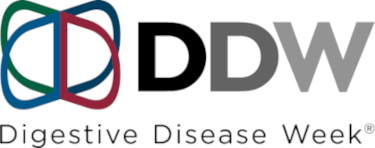Sp578
THE ROLE OF MICROBIOME IN FI REGULATION
Date
May 7, 2023
Explore related products in the following collection:
Tracks
Related Products
EFFECTS OF DIET AND FEEDING PATTERNS ON DIURNAL FLUCTUATIONS OF THE GUT METATRANSCRIPTOME
The molecular circadian clock helps optimize host physiology to the environment by influencing the timing and coordination of metabolic processes. Host-microbe interactions also play an important role in determining metabolic responses to environmental challenges…
INTRODUCTION
SOCIETY: AGA
MONITORING OF CALPROTECTIN IN INFLAMMATORY BOWEL DISEASE USING A SWEAT BASED WEARABLE DEVICE
Switching from originator to biosimilar infliximab (IFX) is effective and safe. However, data on multiple switching are scarce. The Edinburgh IBD unit has undertaken three switch programmes: (1) Remicade to CT-P13 (2016), (2) CT-P13 to SB2 (2020), and (3) SB2 to CT-P13 (2021)…
PLACEHOLDER
Perturbations in the gut mucosal immune response contributes to IBD. Non-immune cell popopulations including epithelial and stromal cells also play an important role in intestinal inflammation…


